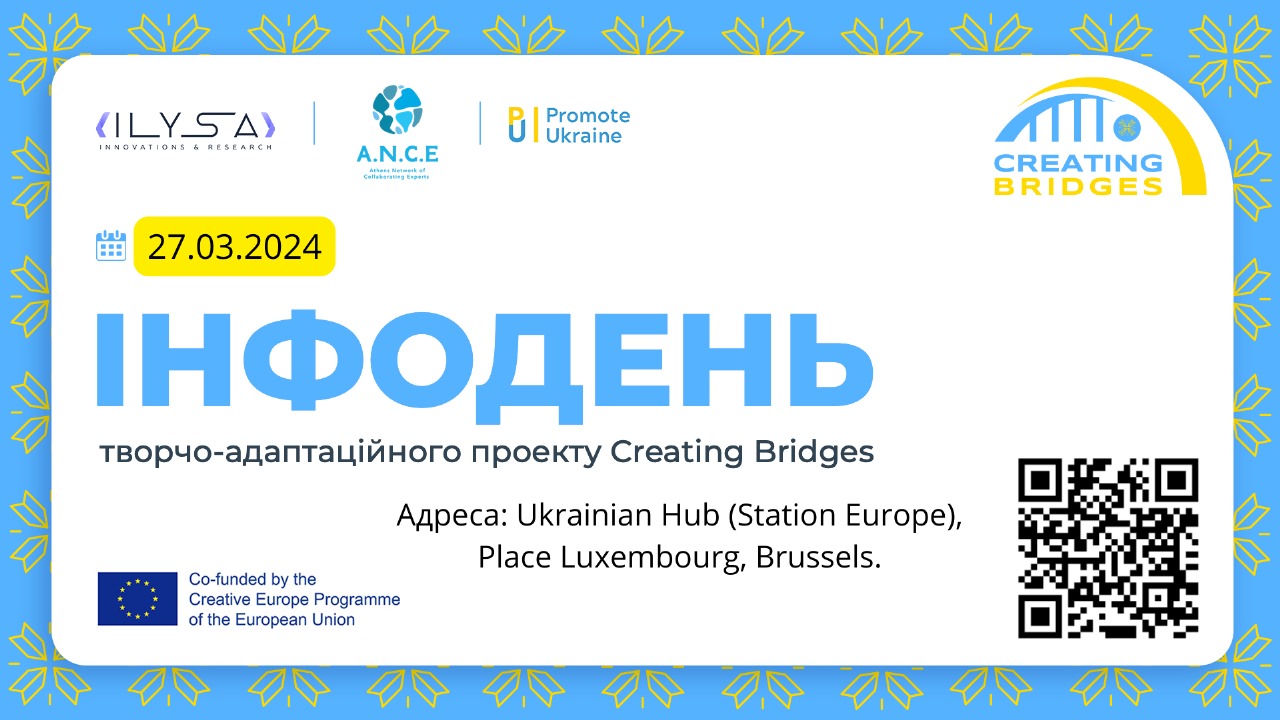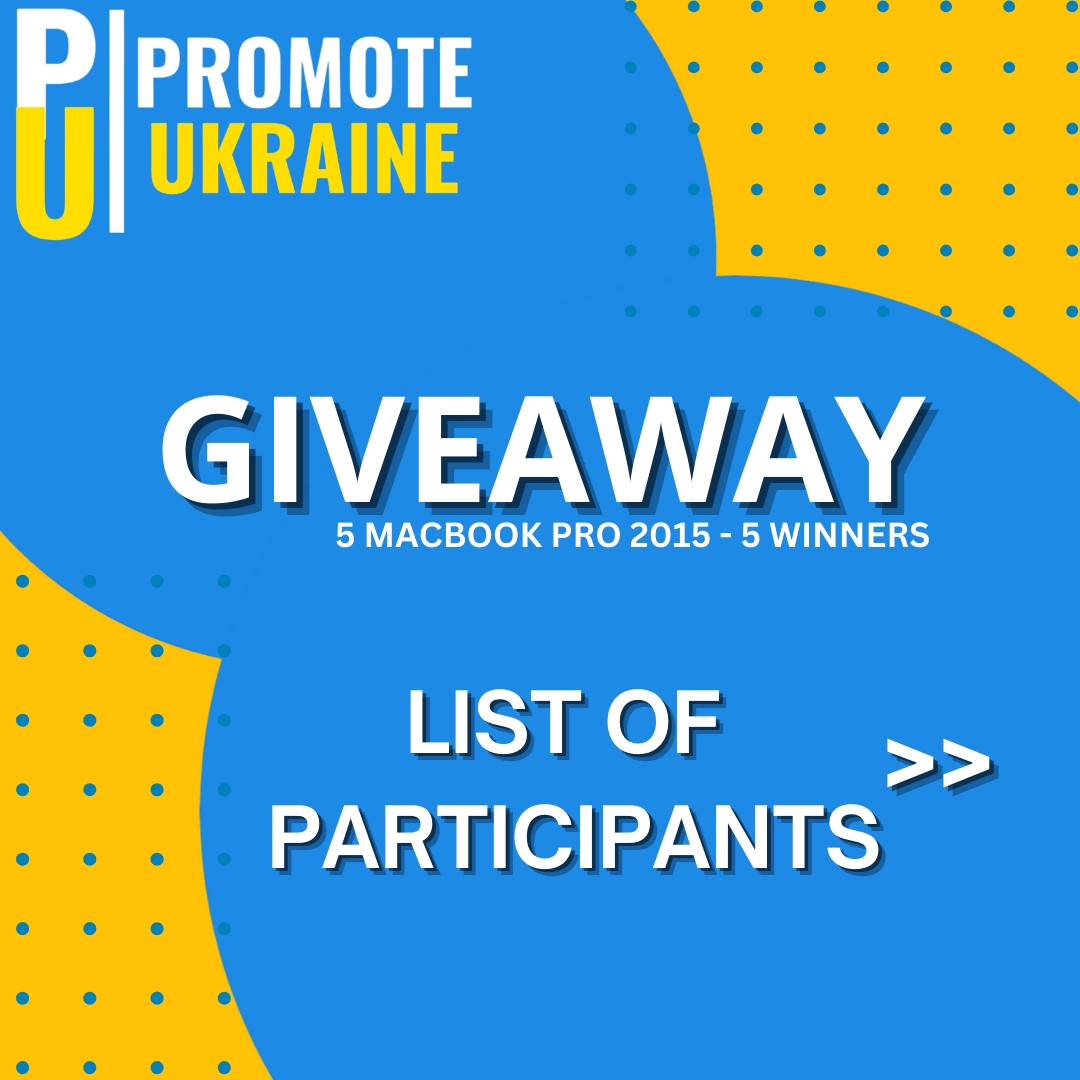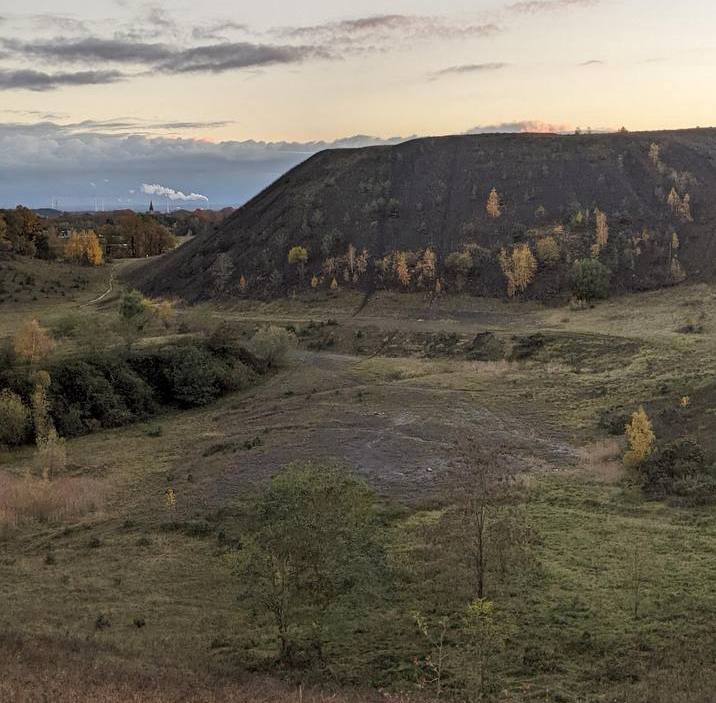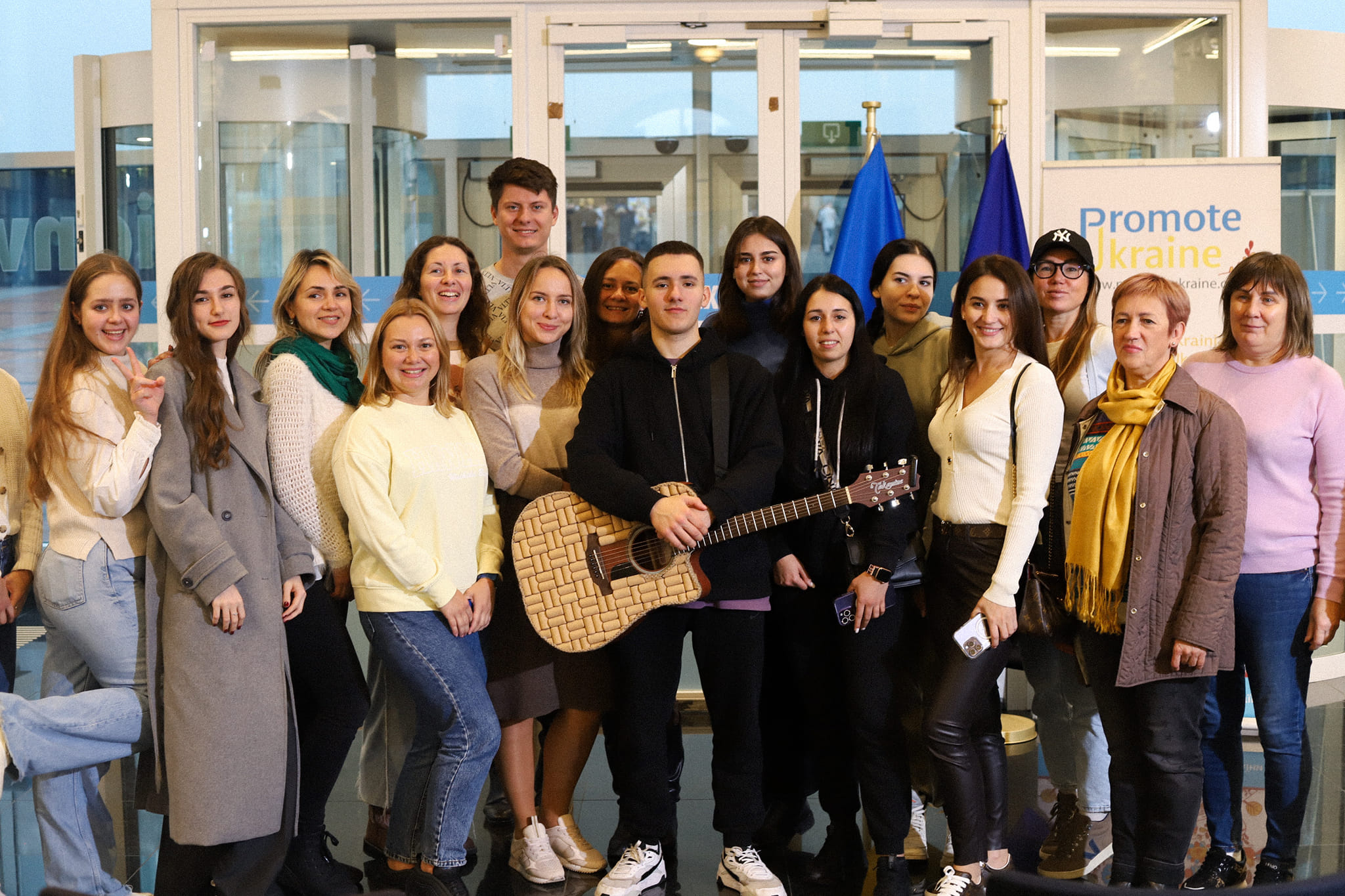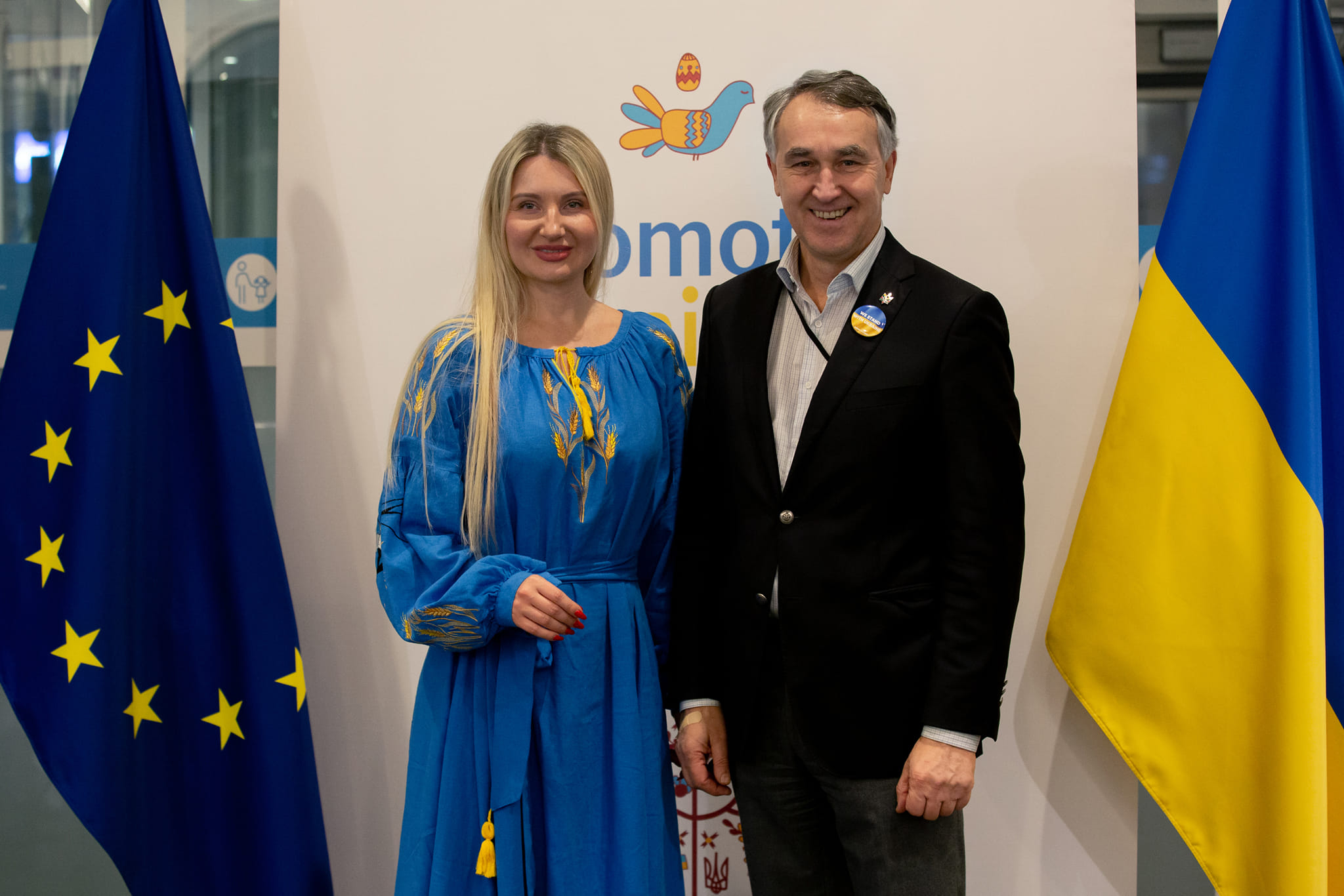We make this media review every week in partnership with the Ukrainian source Mind.ua. We make it for you to help you form an idea of the image of Ukraine in the European media space.
 213 Ukrainian harvesters landed in Linz, writes the Austrian newspaper Krone. They flew there on a charter flight to pick strawberries and other fruits and vegetables for weeks and months. Upon arrival, they passed the tests and had to remain in isolation until the results came. Tests of one person from Ukraine showed a positive result for the coronavirus, so everyone who flew with him should stay in quarantine for 2 weeks. There are 194 people already working in the fields. Nevertheless, another 250 labor migrants (season workers) from Ukraine will arrive in Linz on Monday.
213 Ukrainian harvesters landed in Linz, writes the Austrian newspaper Krone. They flew there on a charter flight to pick strawberries and other fruits and vegetables for weeks and months. Upon arrival, they passed the tests and had to remain in isolation until the results came. Tests of one person from Ukraine showed a positive result for the coronavirus, so everyone who flew with him should stay in quarantine for 2 weeks. There are 194 people already working in the fields. Nevertheless, another 250 labor migrants (season workers) from Ukraine will arrive in Linz on Monday.
 Visitors play the Holocaust in 3D glasses: the plan for a new memorial center in Ukraine is fiercely criticized – this is the title of an article of the Belgian newspaper Nieuwsblad. The article says that the transformation of the horrors of the Holocaust into a game, in which “visitors of the memorial” will be able to feel like executioners or victims, has caused resistance in Ukrainian society.
Visitors play the Holocaust in 3D glasses: the plan for a new memorial center in Ukraine is fiercely criticized – this is the title of an article of the Belgian newspaper Nieuwsblad. The article says that the transformation of the horrors of the Holocaust into a game, in which “visitors of the memorial” will be able to feel like executioners or victims, has caused resistance in Ukrainian society.
The author writes about the fear that Russia is making a lot of effort to present the then local population as collaborators of the murders in Babyn Yar. It is advantageous for Moscow to create such an image of Ukraine, as it calls the uprising in Kyiv in 2014 a “coup d’état of the fascist junta,” and the protesters “Banderas” named after Stepan Bandera, “the leader of the Ukrainian nationalist movement who collaborated with Hitler.”
Saakashvili’s appointment to an official position in power in Ukraine also caused a great resonance, the Dutch NRC wrote. “Saakashvili fled Georgia in 2011 after losing the election and was sentenced in absentia to three years in prison on political grounds, as he puts it. In 2016, he was appointed by Poroshenko – his friend – the head of the Odesa Regional State Administration. After conflict arose between them, Saakashvili lost his Ukrainian passport and moved to the Netherlands, his wife’s homeland.
to an official position in power in Ukraine also caused a great resonance, the Dutch NRC wrote. “Saakashvili fled Georgia in 2011 after losing the election and was sentenced in absentia to three years in prison on political grounds, as he puts it. In 2016, he was appointed by Poroshenko – his friend – the head of the Odesa Regional State Administration. After conflict arose between them, Saakashvili lost his Ukrainian passport and moved to the Netherlands, his wife’s homeland.
In 2019, when Zelensky became president, Saakashvili’s passport was returned. But it seems that Saakashvili is not very desirable in Ukraine. This can be seen from his Facebook page, where he wrote that Zelensky offered him to become deputy prime minister, and this caused a lot of negative reactions from politicians and businessmen. Therefore he was given another position related to reforms, wrote the newspaper.
Almost all European media wrote about the spread of the Chornobyl fires during the month, which we also reported, but the Belgian Demorgen wrote briefly about overcoming the fires in Chornobyl with reference to the statement of the President of Ukraine.
We also wrote about the mention in the French media of the situation with babies from surrogate mothers whose parents are citizens of Germany, France, the United States, Mexico, and China. But after the video was taken from the hotel where the children are staying, and after the human rights commissioner Lyudmyla Denisova reacted sharply to this video, the Austrian Krone wrote about it in the article “Babies of surrogate mothers are stuck in Ukraine.”
from surrogate mothers whose parents are citizens of Germany, France, the United States, Mexico, and China. But after the video was taken from the hotel where the children are staying, and after the human rights commissioner Lyudmyla Denisova reacted sharply to this video, the Austrian Krone wrote about it in the article “Babies of surrogate mothers are stuck in Ukraine.”
Ukraine has adopted the long-awaited “banking law”, clearing the way for financial assistance. This was reported to readers by the resource Euractiv. It wrote that the European Commission has welcomed the adoption of this law.
 Ukraine was also mentioned in the context of Russia’s Victory Day policy. Journalist of Sueddeutsche Zeitung Silke Bigalke interviewed Russian historian Alexei Miller, who pointed out that the Baltic states and Ukraine had begun to “ethnicize the victims” and “Russify the perpetrators.”
Ukraine was also mentioned in the context of Russia’s Victory Day policy. Journalist of Sueddeutsche Zeitung Silke Bigalke interviewed Russian historian Alexei Miller, who pointed out that the Baltic states and Ukraine had begun to “ethnicize the victims” and “Russify the perpetrators.”
“After the liberation from the Soviet Union, they found themselves in an awkward position because many of those who fought against the Soviets during the war also took an active part in the Holocaust. If the Holocaust is the main evil, repentance is the only way. Their strategy then was to explain to Western Europeans that they were suffering from two totalitarian regimes. This trend intensified after 2014, after the beginning of the conflict in Ukraine and the annexation of Crimea», according to Miller.






 UA
UA FR
FR DE
DE
